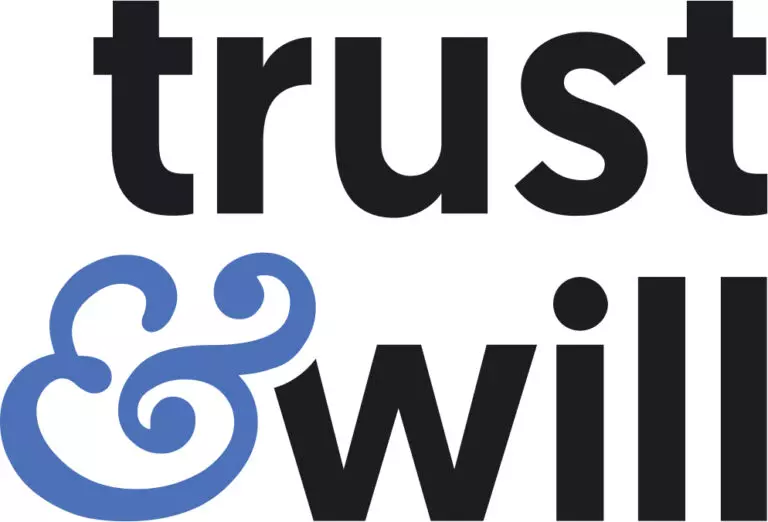The term “certificate” or “certification of trust” is the shortened form of
Trust document
You can present your trust to the financial institution in place of the original.
. This certificate confirms your trust’s existence, the trustee who manages it and its establishment.
The certificates of trust only contain the information that is necessary for the financial institution. They do not include any sensitive data about the trust which you might be reluctant to disclose. Your trustees can perform their duties by using a certificate to avoid having to show the original trust each time they make an important trust transaction.
Although certificates of trust are not required, they can be a good choice for those who want to keep the information contained in their trust confidential.
|
|
 |
 |
What is a Certificate of Trust?
State-specific rules can differ, but they must contain some basic information. This may include:
-
Name of the trust.
-
Trust identification number
-
Title of the assets in trust
-
Name of trust creator.
-
Name of trustee
-
Names of all successor trustees.
-
Determine whether the trust is irrevocable .
-
The powers of the trustee are described.
Trust certificates do not need to contain more information about the trust, like the name of the beneficiary, or the amount of assets in the trust.
Get a Certificate of Trust
You can get a trust certificate in three different ways:
-
You can use estate planning software to create trusts.
-
You can get a form that is state specific from your financial institution or notary. If you are doing this yourself, be sure to include the state-specific requirements in your certificate.
No matter which option you select, the certificate of trust must be signed by all trustees, as well as a notary. You may have to also file the certificate of trust with your county office, depending on state laws and regulations.
State Certificates of Trust
There are subtle differences between the laws of most states regarding certificate of trust. Rules can differ on, for example:
-
Identification.
The certificate of trust in California must include the full trust number. In Oregon, only the last four numbers of the Trustor’s Social Security Number will suffice.
.
-
Name of Trust. A certificate of trust in Minnesota or South Carolina must include the name of the trust, if it has been provided. The name of the Trust is not required in California or Oregon.
-
Statement of authorization The certificate of trust in Minnesota must include the statement “The trustees have the authority to transfer, sell, mortgage, pledge or lease any real or personal property except for the limitations set forth below:” ”
-
Accounts of trustee powers
The certificate of trust in West Virginia is known as a memorandum. It must include the same basic information that most states require, but it also includes the power of the trustee, if any.
.
Small errors or omissions may affect the validity of the certificate and prevent it from being used as required. Make sure that you, or an attorney if applicable, are aware of the unique regulations in your state.
